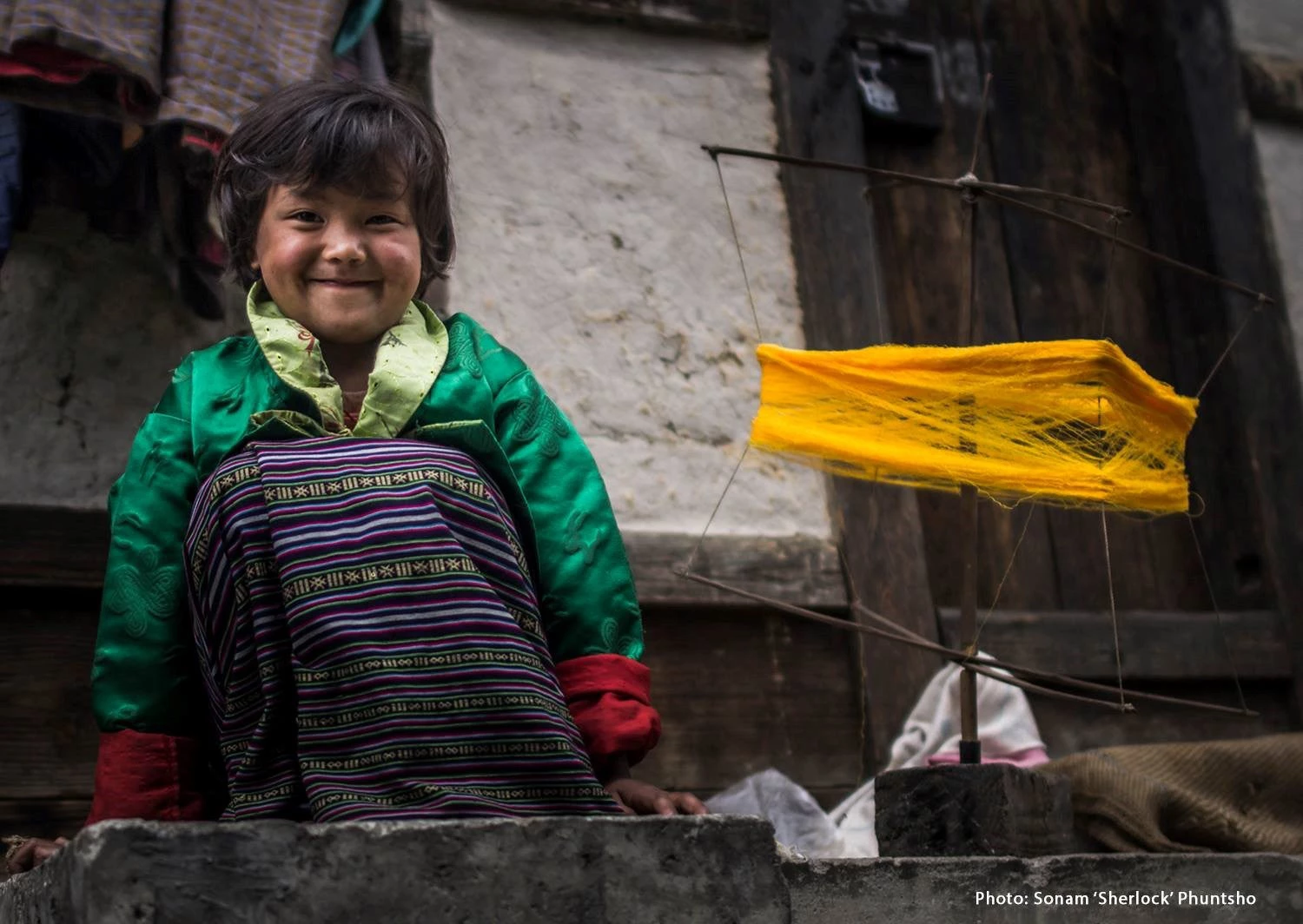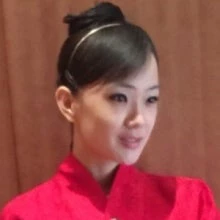
Photo Caption: Sonam 'Sherlock' Phuntsho/World Bank
“…never did I imagine that I would live to see this day, when a woman would be serving at this level,” said my 86-year-old grandmother with her eyes beaming while watching the inauguration ceremony of the first female Minister of Bhutan.
Bhutan is a small country nestled in the eastern Himalayas between China and India, has managed to maintain its rich and unique cultural heritage in this modern-day age, partly due to its relative isolation during much of the last century. Bhutan is one of the smallest but fastest-growing economies in the world and a success story in poverty reduction.
Accompanying rapid economic development, Bhutan has greatly reduced gaps in gender equality. The net primary enrolment rate, that is the percentage of children attending school in 2016 was 98.8% for girls compared to 97% for boys. There has also been an increasing representation of girls at the higher secondary level although the lag continues at the university level.
Gender gaps in labor markets and job quality was identified as one of the main areas of gender gaps in the 2013 World Bank Gender Note Policy. Although tremendous progress has been made, - 58% of Bhutanese women working for pay or looking for jobs - the female labor force participation saw a slight decline compared to men in 2016. It remains one of the highest in the region[1].
Nevertheless, and importantly so, perceptions about gender roles have changed and there has been progress on greater gender equality . A testament to this development is gradual increase increase in the number of women in positions of power; Bhutan had its first woman Dzongda (District Governor) in 2012 followed by its first female minister elected in 2013. It witnessed a 68% increase in women’s representation based on the 2016 elections compared to the previous election in 2011 [3]. Progress can also be seen through the lens of the increasing number of women participating in international sporting events.
The Gross National Happiness Commission (GNHC), the planning commission of the Royal Government of Bhutan continues to take the pivotal role of initiating and coordinating action on gender equality issues in the country. Further, the National Commission for Women and Children (NCWC) was also established in 2004 to take the lead in promoting and protecting the rights of women and children in the country. A Gender Equity Policy is also being formulated, which is expected to integrate gender issues across all policies, programs and projects.
And while this small Himalayan country continues to embark on its unique development value of Gross National Happiness, it becomes even more important to place special focus on the real architects of the society. Hopefully, it will not be too long to the day that my grandmother will be able to witness an inauguration of the first woman Prime Minister. Happy International Women’s Day


Join the Conversation